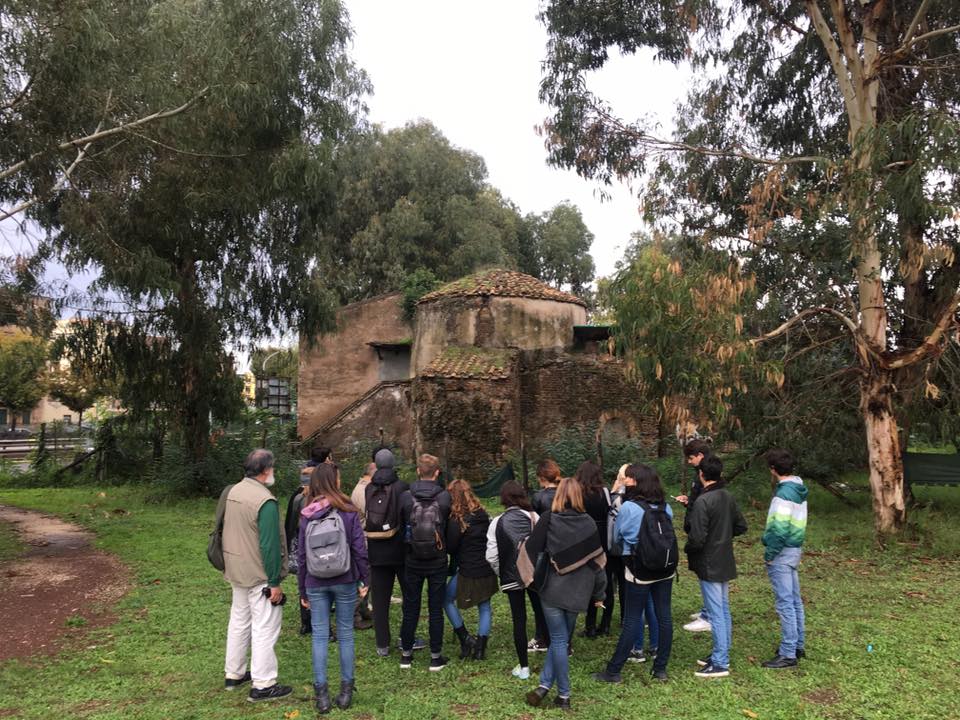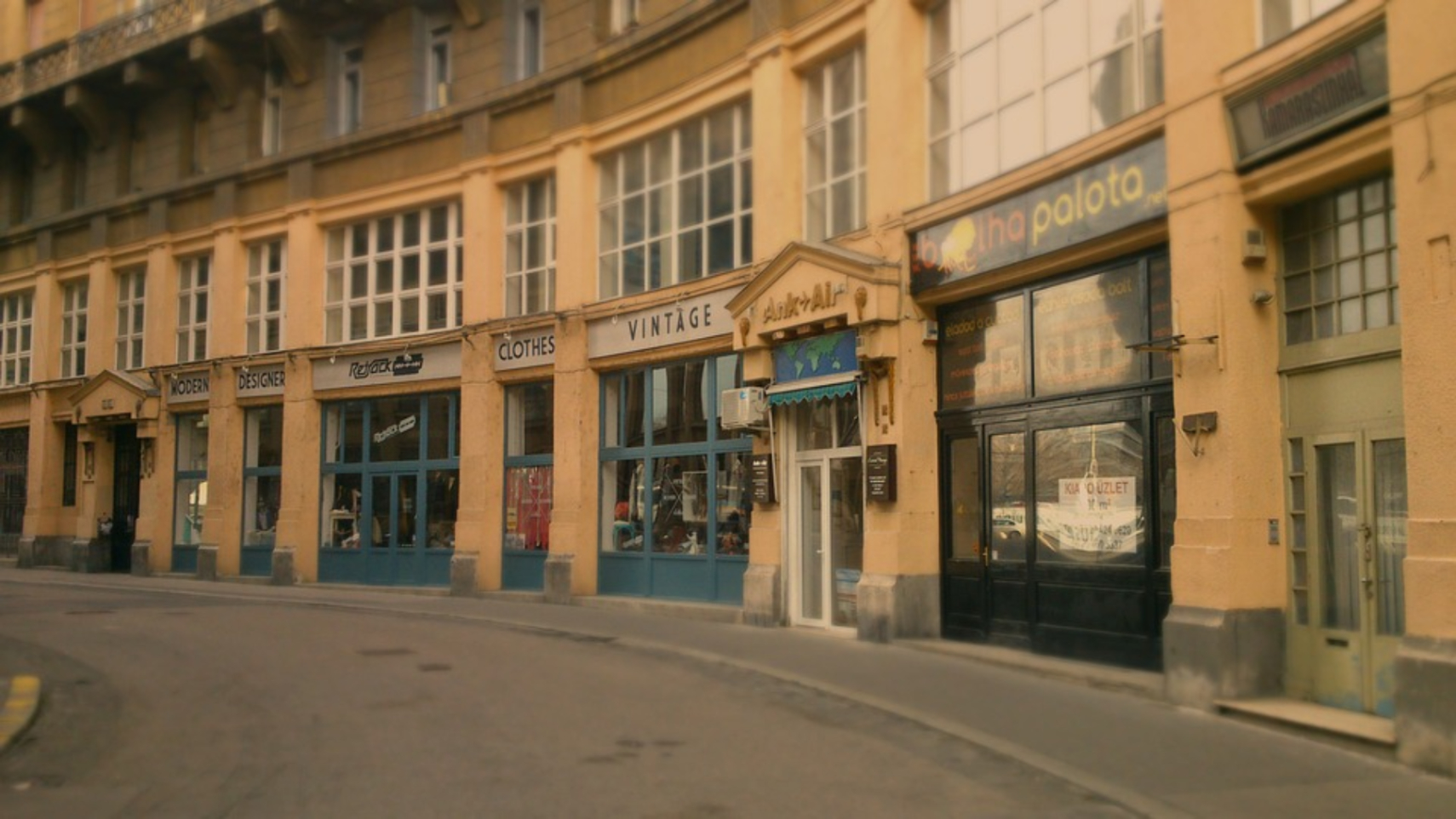OpenHeritage
Organizing, Promoting and ENabling HEritage Reuse through Inclusion, Technology, Access, Governance and Empowerment
About the research project
OpenHeritage works with an open definition of heritage, not limited to listed assets but also involving those buildings, complexes, and spaces that have a symbolic or practical significance for local or trans-local heritage communities. It starts from the assumption that abandoned or underused official and potential cultural heritage sites not only pose a significant challenges for the public and private sectors, but also represent major opportunities.
The inclusive governance model calls for the incorporation of stakeholder coalitions (e.g. community groups, NGOs, local government representatives, small businesses and universities) into such processes, the integration of resources and the exploration of innovative financial models. In doing so, the transformation of abandoned cultural heritage sites becomes an opportunity for increased community cohesion and social integration, the appearance of innovative bottom-up economic activities and the creation of employment possibilities.

The approach of OpenHeritage is built on the notion of openness, which is one of the key project attributes and reflected in the project title. This approach has a two-fold focus:
- open knowledge: ensuring easy access to the knowledge generated by the project, both to the end products and to the process of their development;
- open space: creating platforms where different stakeholders (e.g.lopcal actors, local administration officials, financial partners, researchers, policy makers) can meet on an equal footing, learn from each other and establish networks.
To reach its goal OpenHeritage produces a detailed overview and evaluation of current adaptive reuse policies in Europe, focuses on understanding good practices in 16 different sites (Observatory Cases), and tests novel approaches/practices in six Cooperative Heritage Labs dispersed over Europe. At the end of the project it delivers a supporting toolbox promoting the uptake of the inclusive models.
Funder: The European Union’s Horizon 2020 Research and Innovation Programme (grant agreement no. #776766).
Duration: 2018-present
PI and further team:
- Dr Loes Veldpaus - Planning, School of Architecture, Planning & Landscape
- Professor John Pendlebury - Planning, School of Architecture, Planning & Landscape
Additionally, OpenHeritage's partners include:
- Ghent Univerisity
- Georg-Simmel-Centre for Metropolitan Studies, Humboldt-Universität zu Berlin
- Università degli studi Roma Tre, Department of Architecture
- Central European University
- Tyne & Wear Building Preservation Trust
- Metropolitan Research Institute
- Eutropian
- Local Governments for Sustainability
- Stiftung trias
- Câmara Municipal de Lisboa
- Luiss Guido Carli, Libera Università Internazionale degli Studi Sociali Guido Carli
- Platoniq
- Center for Urban History of East Central Europe
- Eurodite
- Oddział Warszawski Stowarzyszenia Architektów Polskich
Further information: Visit our official website for more information, including a full list of our Heritage Labs.
Publication
Oevermann, H., Polyák, L., Szemzö, H. and Mieg, H.A. eds. (2023) Open Heritage: Community-Driven Adaptive Reuse in Europe: Best Practice. Birkhäuser.
Mérai, D., Veldpaus, L., Pendlebury, J. and Kip, M. (2022) The governance context for adaptive heritage reuse: A review and typology of fifteen European countries. The Historic Environment: Policy & Practice, 13(4), pp.526-546.
Lanz, F. and Pendlebury, J. (2022) Adaptive reuse: a critical review. The Journal of Architecture, 27(2-3), pp.441-462.
Veldpaus L., Szemző H. (2021) Heritage as a Matter of Care, and Conservation as Caring for the Matter, In A. Gabauer, S. Knierbein, N. Cohen, H. Lebuhn, K. Trogal, T. Viderman, T. Haas (Eds.), Care and the City. Encounters with Urban Studies. New York: Routledge, pp.194-203.
Veldpaus L. (2021) Who Cares?, In J. Taylor, Institute of Historic Building Conservation Yearbook 2021. Wiltshire, UK: IHBC; Cathedral Communications Limited, 2021, pp.29-32.
